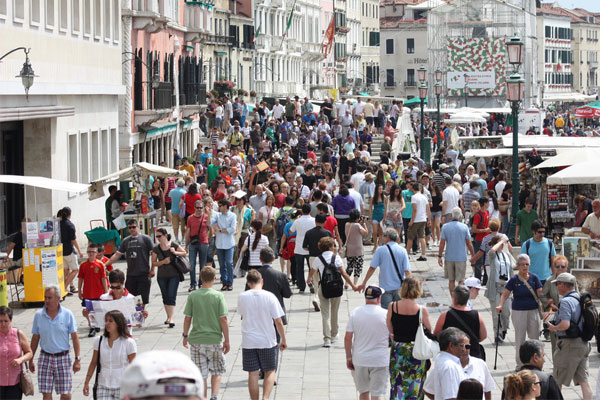
Tourist Taxes: A Solution to Overcrowding in Popular Destinations
In recent years, destinations like Greece, Venice, and Zermatt have implemented tourist taxes to combat the effects of overcrowding. These taxes, applied through accommodations or entry fees, are intended to protect cultural heritage, safeguard the environment, and ease the strain on local infrastructure caused by mass tourism.
Greece introduced a stayover tax in 2018, requiring visitors to pay a nightly fee when staying in hotels or rentals. The revenue helps maintain historical sites, beaches, and landscapes, all suffering from overuse. In Venice, a daily fee is charged to day-trippers, especially from cruise ships, as the city struggles with overwhelming crowds that threaten its infrastructure and cultural identity. The funds are used for preservation efforts and to manage the flow of tourists.
Zermatt, known for the Matterhorn, has a similar tax aimed at supporting environmental sustainability. The tax helps fund waste management, infrastructure, and sustainable tourism initiatives, as the town faces pressures from increased visitor numbers, which can harm its pristine Alpine environment.
Tourist taxes are seen as crucial for maintaining local resources, which are under strain due to excessive visitor numbers. These taxes help fund the preservation of natural and cultural landmarks, distributing the financial burden more equitably by requiring tourists to contribute to the upkeep of the destinations they enjoy. While some travelers criticize the added costs, many destinations see the taxes as essential to ensuring tourism remains sustainable without overwhelming local communities.
Stichworte







